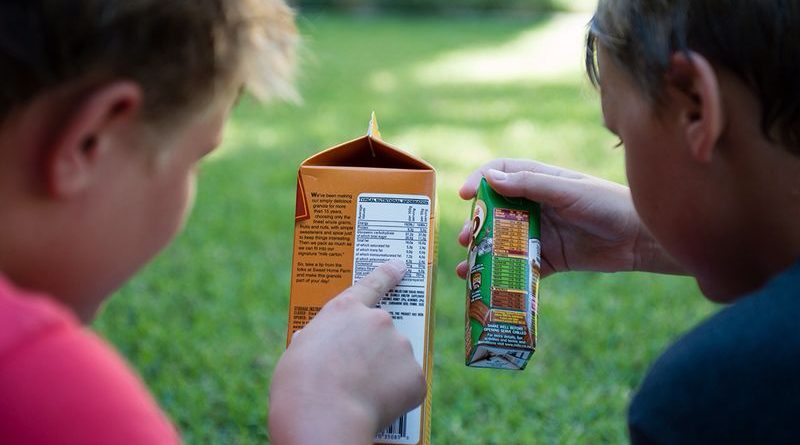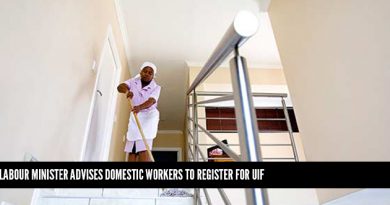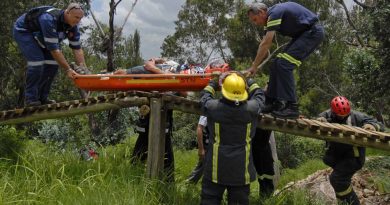FoodSure’s testing meets stringent international verification standards

In a time when consumers are battling rising inflation, and trying to eke out every rand, the food scandal that tainted SA’s meat producers has led to the creation of Foodsure, an independent standards authority that makes sure that South Africans get what they pay for.
Foodsure aims to restore consumers’ trust in their food purchases by providing quality assurance in the form of its SureMark sign. The SureMark sign will be issued to companies following stringent verification and testing processes. Spearheaded by Amanda Rogaly, who was concerned enough to step in and make sure consumers are protected, Foodsure will act as an independent “middle-man” between consumers and the food industry.
Foodsure’s SureMark is a sign that applauds and recognises those suppliers who value the quality and consistency of their product and who wish to stand head and shoulders above their competitors, many of whom aren’t transparent and don’t have enough control over their supply chain. Foodsure will be the means by which these companies can take steps to make sure that their sector is beyond reproach, rather than a way of outing entities that are not transparent, explains Rogaly.
South Africa’s recent concerns about what goes into meat, and whether the source was disclosed on the label, followed a similar issue in Europe, where beef was found to contain horse meat. “This sort of practice raises all sorts of concerns for consumers,” says Rogaly.
She explains that the recent meat scandal was the catalyst that prompted this move, as it is just the latest in a long list of contaminated food products, such as melamine in dog food and baby formula as well as toxic cancer-causing Sudan Red in foods. “The list is endless, and it was time that someone did something and stood up so that consumers’ trust is restored in food producers and the retailers where they buy groceries.”
To set everyone’s minds at ease, Rogaly, backed up by a business network that includes legal, marketing, food and consumer law experts, set up Foodsure, an independent certification and verification company that will make use of the laboratory services at its scientific partners’ premises, including those at the Council for Industrial and Scientific Research (CSIR) and Swift Silliker. “This ensures that our testing levels and standards are beyond reproach,” says Rogaly, also MD of the company.
According to Business Report [or multiple reports], a University of Stellenbosch study found that nearly 60% of 139 tested meat products had ingredients such as donkey, water buffalo, goat and pork, which were not listed on the label.
Although these quantities may have been minute, and within thresholds, the fact that they were not disclosed on the label is enough to cause consternation among consumers, says Rogaly. “Apart from concerns that some of the undisclosed meat may have offended some people’s morals; there are other aspects to be worried about.
Regulations relating to the Labelling and Advertising of Foodstuffs, which came into effect last March, requires that food must be described in a way that that the information about contents or composition of a product is indicated closely to its name. In addition, the description should be legible and contents should not be misleading, or aimed at deceiving consumers.
Rogaly says there is clearly a need for tighter policing of labelling, to make sure that what the label says is in the box, is what is actually in the box. Enter Foodsure.
Rogaly explains that any consumer-facing company that supplies food products can sign up for its products to be assessed. “The verification process will give consumers the assurance that they are dealing with a reputable company, from meat processors to retailers and casual dining restaurants, it will be a stamp that will set them above those that do not have their products tested, and brings with it something that money cannot buy: peace of mind,” says Rogaly.
Companies that subject themselves to the stringent verification process will pay for the right to carry the stamp, and the cost of the testing will be borne by Foodsure. Rogaly emphasises that this is a typical practice within the food and beverage sector. “Just because we are being paid by the company whose products we are testing does not mean we are not independent. We have to get this right; we owe it to consumers who have lost trust in South African food suppliers.”
Also view:
The mystery of food labels – Does the label on the food product match the contents?




